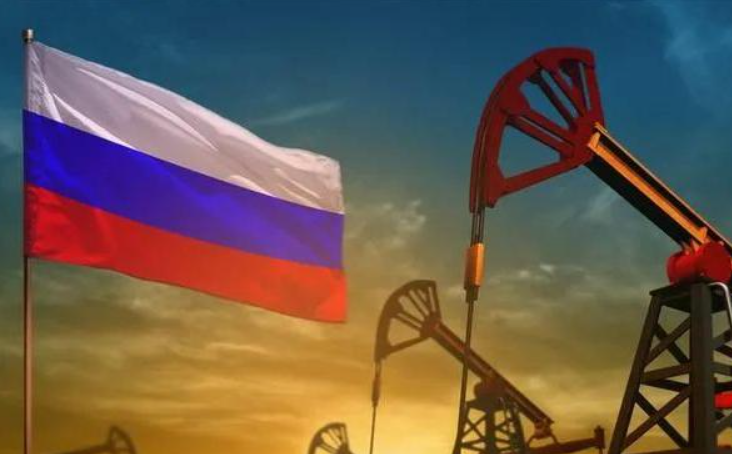
To better fund the war in Ukraine. According to a draft statement, the G-7 countries may ask their finance ministers to collectively reimpose a cap on the price of Russian crude. Options under consideration range from fundamentally replacing the mechanism, with a total ban on handling Russian crude, to lowering the price cap from the current $60 to about $40. Discussions are still ongoing and no consensus has been reached on next steps. Under the terms of the current price cap, Western operators can insure and ship crude only if they buy it below the price cap. The move would be part of an effort to raise costs for Russia to "incentivize it to negotiate a meaningful peace." The G7 aims to issue a statement on February 24, 2025, the third anniversary of the Russia-Ukraine conflict.
This move of the G7 not only brought a big blow to Russia, but also brought a more complex impact on the international level. One is the impact on Russia, where tighter trade restrictions would further reduce Russia's revenue from oil exports, exacerbating its economic woes. Russia may need to restructure its economy and reduce its dependence on energy exports to cope with the pressure of external sanctions. Faced with trade restrictions, Russia may reduce oil production or look for new export markets to keep its oil industry afloat. This could lead to changes in the global oil supply pattern and affect international oil prices. The tightening of trade restrictions is part of economic sanctions imposed on Russia by Western countries and could further escalate political and diplomatic tensions between Russia and the West. Russia may need to seek a solution through diplomatic channels to ease external pressure.
The second is the impact on the international energy market, tightening trade restrictions may lead to a reduction in global oil supply, thus pushing up international oil prices. As an important cornerstone of the global economy, oil price fluctuations will directly affect the economic costs and inflation levels of various countries. Trade restrictions could lead to supply shortages and price volatility in the energy market, adding to market uncertainty. This uncertainty will affect countries' energy strategic planning and energy security. However, oil price volatility could be eased if Russia succeeds in finding new export markets or adjusting production in response to sanctions. Trade restrictions may lead to instability in global energy supply and increase energy security risks. Countries dependent on Russian oil may need to find alternative sources of energy to ensure the security of their energy supplies. Faced with the uncertainty caused by oil trade restrictions, some countries may accelerate their energy transition and reduce their dependence on fossil fuels. This will promote the development of renewable energy and clean energy, and promote the transformation of the global energy structure.
Third, the impact on other countries, the G7 trade restrictions may trigger economic friction and tensions between Russia and other countries. Russia may take countermeasures, and countries that trade oil with Russia may need to adjust their trading partners to find new sources of oil supplies. This will affect these countries' energy import strategies and energy security patterns. Tightening trade restrictions could trigger further economic sanctions against Russia by other countries, thus increasing international economic frictions and tensions. Some countries may need to weigh their economic relations with Russia against their cooperation with the international community. Trade restrictions may change the global geopolitical landscape and affect the status and influence of countries in international affairs. Some countries may seek greater cooperation with Russia to balance Western sanctions pressure.
To sum up, the tightening of trade restrictions on Russian oil by the G7 has broad and far-reaching consequences at the international level. Therefore, countries need to carefully assess the potential impact of such a move and seek solutions that balance the interests of all parties.

According to a recent report by Rich Asplund, a columnist for Barchart, the global sugar market is currently experiencing a complex and profound supply-demand game.
According to a recent report by Rich Asplund, a columnist f…
On January 13th local time, the three major US stock indice…
Recently, the 2026 edition of the MIT Technology Review lis…
On January 15, 2026, the US military announced the seizure …
At the 2026 J.P. Morgan Healthcare Conference, a joint anno…
For much of 2025, the market was rethinking whether the dol…